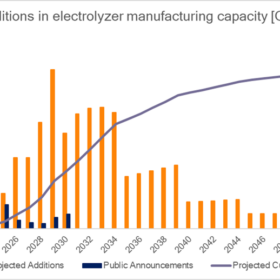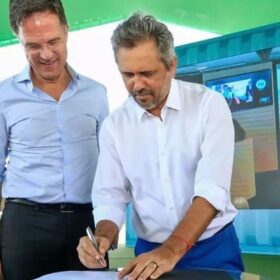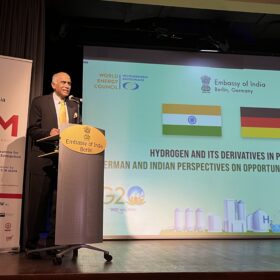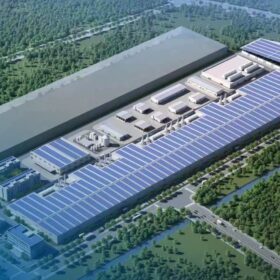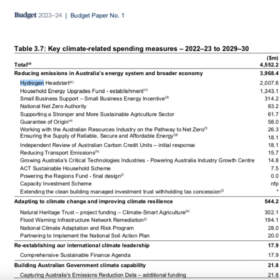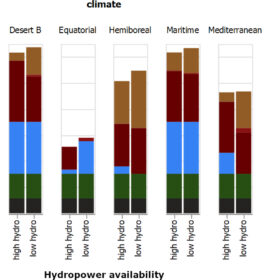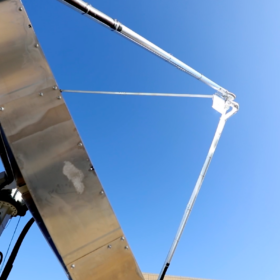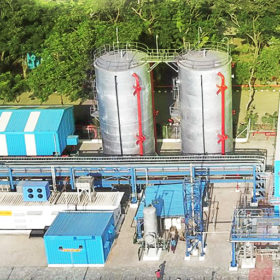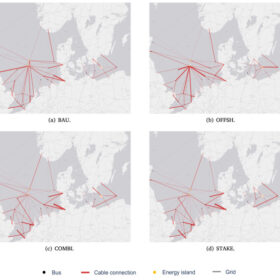The Hydrogen Stream: Green hydrogen market could hit $850 billion in 2050
Research outfit Rethink Energy says the green hydrogen market could reach $850 billion in value by 2050.
The Hydrogen Stream: Northern Europe driving hydrogen project development
Dutch and Brazilian ports have signed a cooperation deal involving port development and green hydrogen production, while Thyssenkrupp Nucera has released a new alkaline water electrolysis (AWE) module.
India to join Germany’s green hydrogen strategy update
India will use its internal market to scale up hydrogen projects, with Germany as a possible export destination. As part of a broader strategy, the countries will collaborate on a financial and technological level on energy transition projects.
FuturaSun to start PV cell production with 10 GW solar factory in China
FuturaSun is betting on a vertical integration strategy with the launch of a 10 GW solar cell factory in Huai’an, China. It aims to start production in spring 2024.
The Hydrogen Stream: Australia to invest $1.35 billion in hydrogen
The Australian government has presented its 2023-2024 budget, with AUD 2 billion ($1.35 billion) to be invested in hydrogen, while Austria, Germany, and Italy said they have started moving forward on a southern hydrogen corridor from North Africa to Northern Europe.
The Hydrogen Stream: Electrolysis is cost-efficient in all climates, says Finnish team
Researchers at the VTT Technical Research Centre of Finland said that chemical energy storages were needed for short and long-term balancing in every climate region, especially in the northern climates. Meanwhile, companies are moving forward with their plans to produce hydrogen in Namibia and Morocco.
The Hydrogen Stream: Swiss team sets record solar-to-hydrogen rate
Researchers from Switzerland’s École Polytechnique Fédérale de Lausanne have unveiled a new solar dish plant design, while Plug Power has delivered its first electrolyzer system to Europe.
The Hydrogen Stream: US could get 13% industrial heat from hydrogen by 2050
Deloitte says blue and green hydrogen could supply 13% of US industrial process heat by 2050 with strong policy incentives, carbon pricing, and hydrogen supply targets as primary policy variables.
The Hydrogen Stream: Hydrogen, electricity trade-offs for energy islands
A Scandinavian research team has investigated the best set-up for energy islands, to determine whether they are better achieved with submarine cables or hydrogen infrastructure.
The Hydrogen Stream: Green hydrogen generation on the Baltic Sea
Salzgitter Flachstahl says it will produce hydrogen with green electricity from a wind power plant under construction by Iberdrola in the Baltic Sea. German Minister of Economics Robert Habeck, meanwhile, has announced funding for the Salzgitter Low CO2 Steelmaking transformation program.
